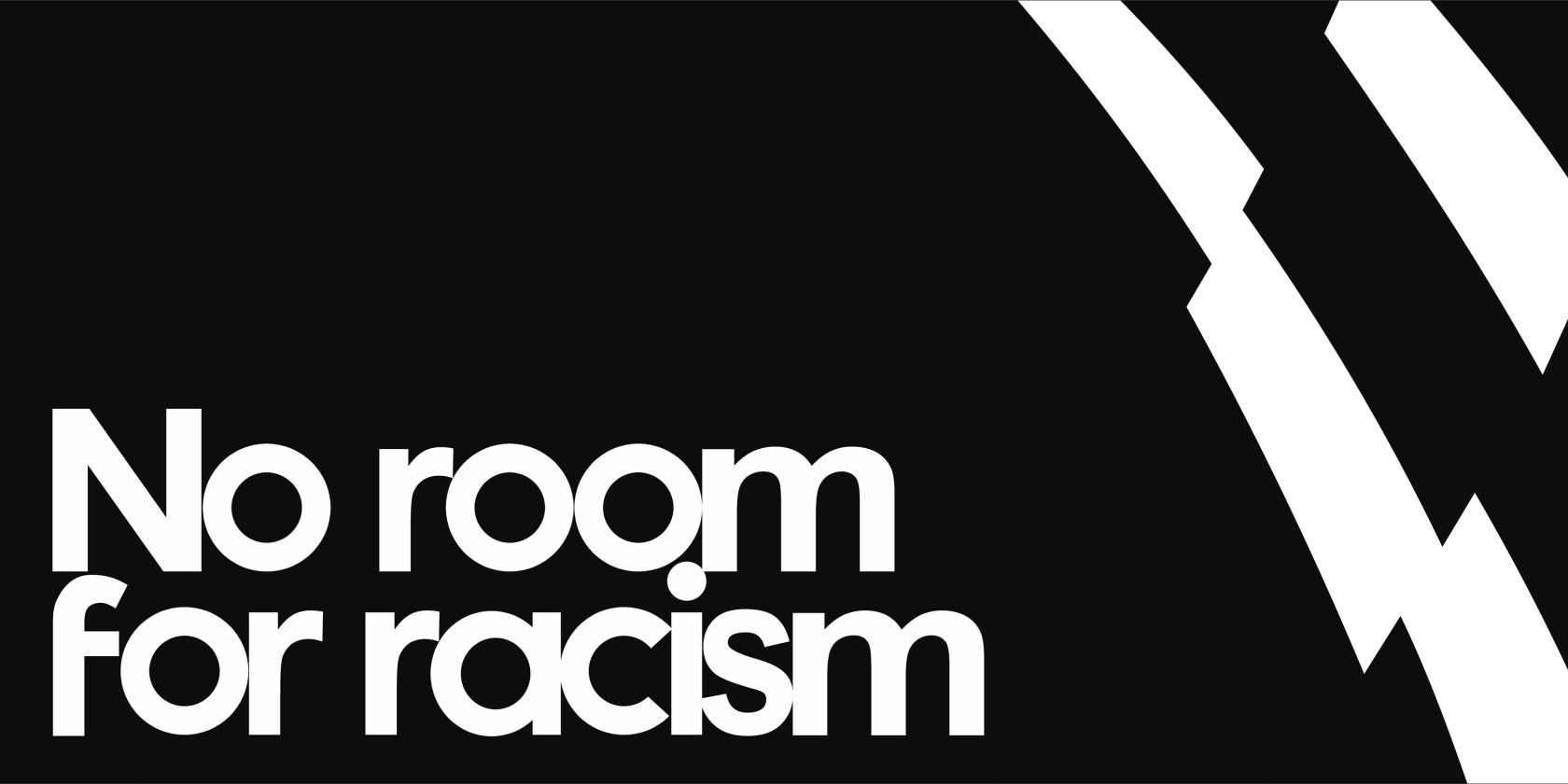The English Premier League, English Football League, and Women's Super League are joining forces to complete a four-day social media blackout.
England's top soccer leagues are taking a social media stand against the ongoing abuse and discrimination experienced by players across all levels of the game. The English Football Association (The FA) is working closely with anti-discrimination charity Kick It Out and other organizations to coordinate the boycott.
The Top English Soccer Teams Take a Social Media Stand
The social media blackout will commence from Friday, 30 April, through to Monday, 3 May, taking place over a busy weekend for English soccer.
As part of the boycott, teams up and down the English soccer pyramid will collectively go dark across Facebook, Twitter, Instagram, and other social media accounts. At its core, the boycott signifies the collective anger towards social media platforms and their lack of action against the toxic abuse some players face week in, week out.
Throughout the 2020/2021 season, racism and other toxic abuse have become a weekly occurrence. Social media platforms make it easier than ever to contact specific players directly, and for some, it's an easy way to abuse players with little chance of punitive measures.
Anonymous accounts make it easy to hide, while for social media companies, blocking every account and every message is digital whack-a-mole.
Teams, players, managers, and The FA believe that the only way social media platforms will step up protection and increase the difficulty for toxic individuals to levy abuse at players is to hit them where it hurts.
Several professional soccer players (and ex-pros) have left social media platforms altogether after growing tired of the ongoing abuse and lack of action.
The FA's official statement urges the UK government to take further action against social media companies to enable regulators to take a stronger stance when platforms are the mouthpiece for abusive, racist, and toxic behavior.
Edleen John, The FA's director of international relations, corporate affairs, and co-partner for equality, diversity and inclusion, said:
This needs to change quickly, and we continue to urge social media companies to act now to address this. We will not stop talking about this issue and will continue to work with government in ensuring that the Online Safety Bill gives sufficient regulatory and supervisory powers to Ofcom. Social media companies need to be held accountable if they continue to fall short of their moral and social responsibilities to address this endemic problem.
For reference, Ofcom is the UK's Office of Communications, a regulatory authority for telecoms.
The Social Media Abuse of Soccer Stars Is Ongoing
In February 2021, the English football community wrote a joint letter to Jack Dorsey, CEO of Twitter, and Mark Zuckerberg, CEO of Facebook. Part of which read:
The language used is debasing, often threatening and illegal. It causes distress to the recipients and the vast majority of people who abhor racism, sexism and discrimination of any kind. We have had many meetings with your executives over the years but the reality is your platforms remain havens for abuse. Your inaction has created the belief in the minds of the anonymous perpetrators that they are beyond reach.
The letter continues, explaining how the soccer clubs would like social media platforms to better moderate content, especially against high-profile individuals.
Talk of moderation on social media platforms usually revolves around better filtering and post analysis and robust account verification.
Given the issues facing the latter, such as distrust of social media platforms, privacy breaches, data leaks, and more, social media platforms such as Facebook and Twitter are likely to push more resources into analytical tools before requiring mandatory identification verification before opening a new account.
Additional regulation to block abusive content is an excellent step forward, but many users will draw the line at uploading official identification to use a social media platform.
Whatever your take on the social media regulation side of the issue, one thing is clear: online abuse, racism, and toxic behavior towards anyone is unacceptable, whether they're a highly paid soccer player or otherwise.

